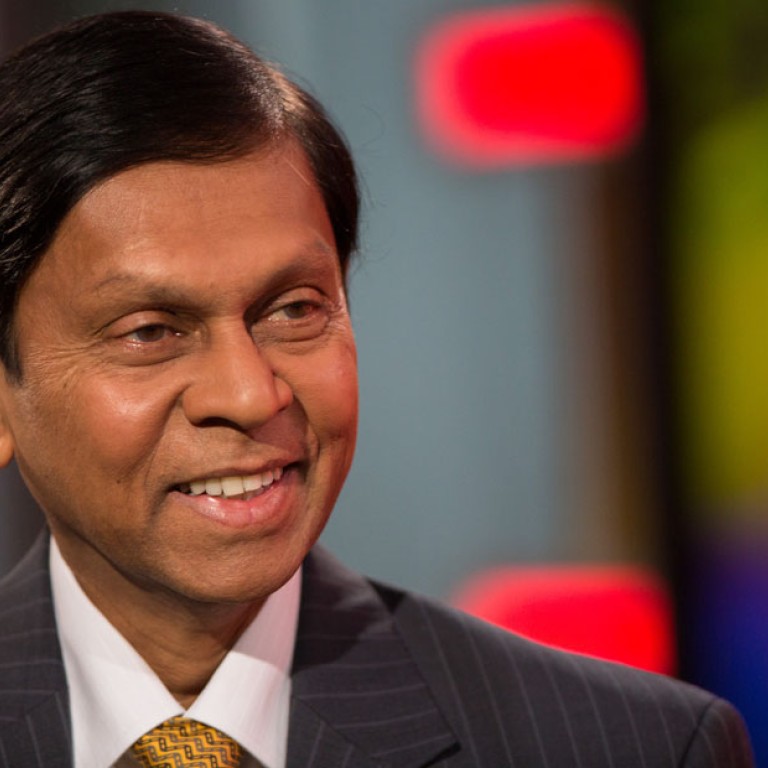
Island's equities try to lure Hong Kong investors
Sri Lanka, the latest hot spot for Chinese investments, is inviting Hong Kong investors to take the plunge into its equity market, which officials said would quadruple in turnover over the next three years.
Sri Lanka, the latest hot spot for Chinese investments, is inviting Hong Kong investors to take the plunge into its equity market, which officials said would quadruple in turnover over the next three years.
But despite economic growth that topped that of its regional peers in the past three years, analysts questioned the potential of the island's US$18 billion stock market, which is smaller than the market capitalisation of many blue-chip firms in Hong Kong.
The governor of the country's central bank, Ajith Nivard Cabraal, told a hall of global investors in Hong Kong on September 9 that now was the time to invest in Sri Lankan equities, which trade at a discount of about 40 per cent to their counterparts in India and Indonesia.
Cabraal said an unprecedented level of infrastructure investment plus an upcoming free-trade pact with China would boost the economy, eventually translating into better company earnings and higher stock values.
In May, China offered a US$2.2 billion loan to Sri Lanka to support its infrastructure projects, and Chinese investors have submitted 10 proposals for the development of a US$4 billion industrial zone in the central and eastern part of the country.
In July, Colombo celebrated the opening of a US$400 million mega port project that is 85 per cent owned by state-owned China Merchants Holdings.
But investment analyst Stephen Wong said rapid infrastructure development does not always translate into financial gains in the stock market.
"Sri Lanka's not the first emerging economy to pin its growth on ties with China, but how healthy is its financial regulatory system? How easy is it for an investor to exit its market, and how stable is its currency?" Wong said.
For most of the 287 listed companies in Colombo, the public float made up just 5 per cent of their shares, although the government is considering imposing a minimum of 10 per cent.
While the central bank projected annual average growth in gross domestic product of 8 per cent over the next three years, a report published by the United States' Bureau of Economic and Business Affairs in April said Sri Lanka would have to raise its investment rate to 35 per cent of GDP from 27 per cent to achieve that target.
But despite a significant surge in foreign direct investment from China in the past 12 months, total FDI inflows into the country fell 4.8 per cent year on year to US$430 million over this year's first six months - less than a quarter of its full-year target of US$2 billion, although Cabraal said he expected most of the funding to arrive during the second half.
While the central bank believed FDI inflows this year would double those last year, Krishan Balendra, chairman of the Colombo Stock Exchange, said the country has to focus on getting more non-inflationary sources of financing through the debt and equity markets to control inflation - which is poised to hit 8 per cent this year.
